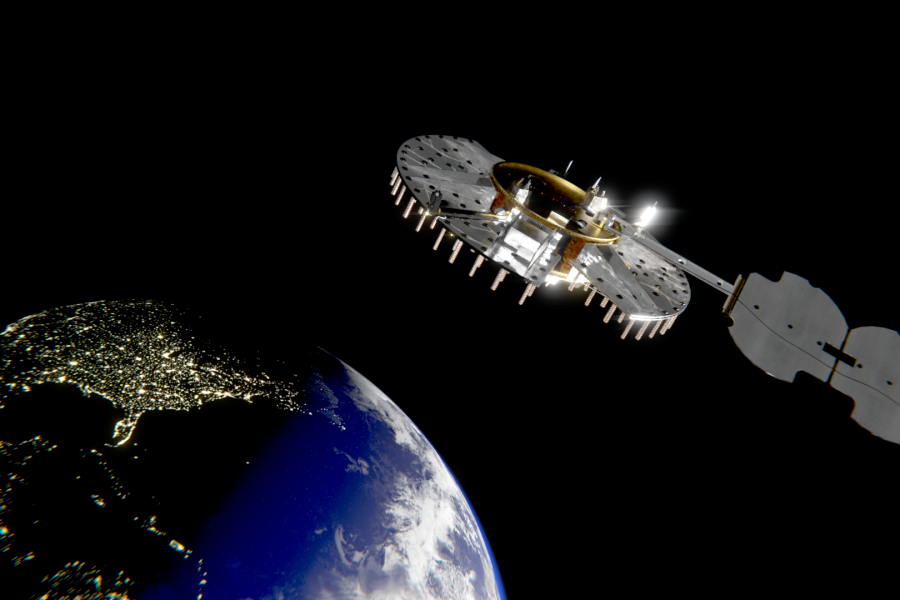Air Force science advisers will meet Dec. 17 to discuss the findings of their recent space research as they close out this year’s deep-dive studies.
The Air Force Scientific Advisory Board is a group of around 50 researchers and engineers who are asked to tackle the biggest science problems facing the service. They issue recommendations that guide Air Force development programs and shape future planning.
In 2020, the board considered emerging space technologies, military communications, and autonomous systems behavior. As the year comes to a close, advisers will hear the results of a classified Innovative Space Applications study that could pave the way for unique new Space Force projects.
They discussed the results of the other two secretive analyses, dubbed “Communications in the Future Operating Environment” and “Understanding and Avoiding Unintended Behaviors in Autonomous Systems,” on Nov. 6.
Those add deeper understanding to the military’s pursuit of joint all-domain command and control across various radio, satellite, and computer networks, and furthers development of “smart” data-crunching algorithms as well as aircraft and weapons that can carry out their own battle plans.
Advisers picked up another short-term study on the so-called “vanguard” projects that are seen as the Air Force Research Laboratory’s most promising ventures. Experts presented their recommendations on how best to choose and manage future vanguard programs in a public, virtual meeting in September.
The department is considering its second round of high-profile efforts that will pull resources and focus from across the development enterprise, hoping to speed the designs to fruition. Its current picks include the autonomous Skyborg jet concept, Golden Horde weapon swarming, and the Navigation Technology Satellite 3.
The board has not announced its 2021 study topics, which will likely kick off at the winter meeting in mid-January. The Air Force did not respond to questions about the advisory board’s work Nov. 30.
At that winter meeting, slated for Jan. 11-14, board members will hear the results of a review of the Air Force Research Laboratory’s science and technology portfolio for fiscal 2021. Their opinions could shape the Air Force’s S&T 2030 strategy that was drawn up to accelerate innovative tech efforts, but that lab leadership says can be further refined and move faster still.
“SAB reviews examine the AFRL’s science, people, strategy, resources, focus, facilities, and results and assess the technical quality, relevance, and balance of the … S&T portfolio,” according to the panel’s website. “Each of these weeklong reviews addresses programs in one of the AFRL technical directorates, with essentially all AFRL research programs being reviewed over every four-year cycle. These reviews have informed Air Force leadership and influenced science and technology pursued and adopted by the Air Force.”
